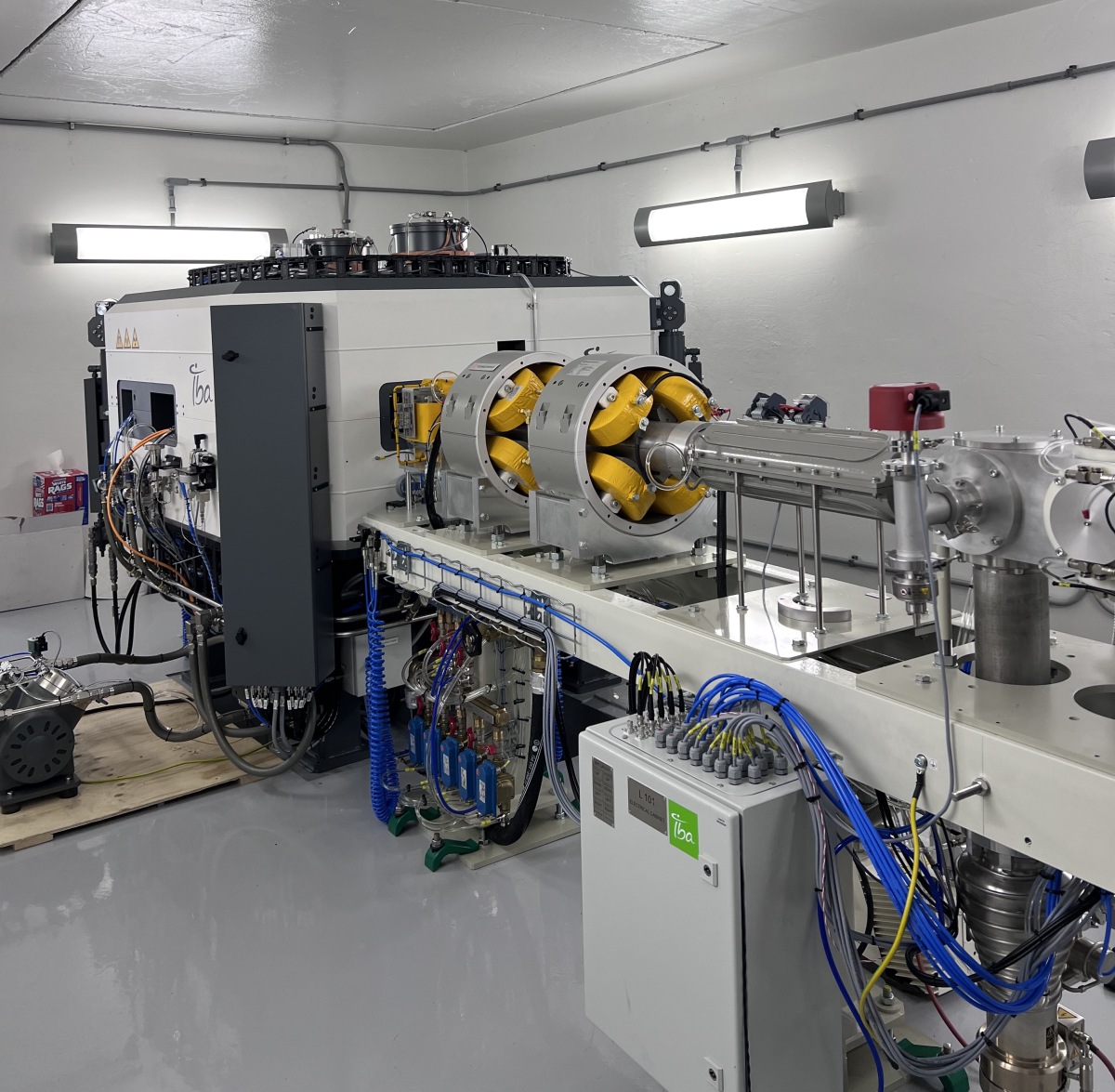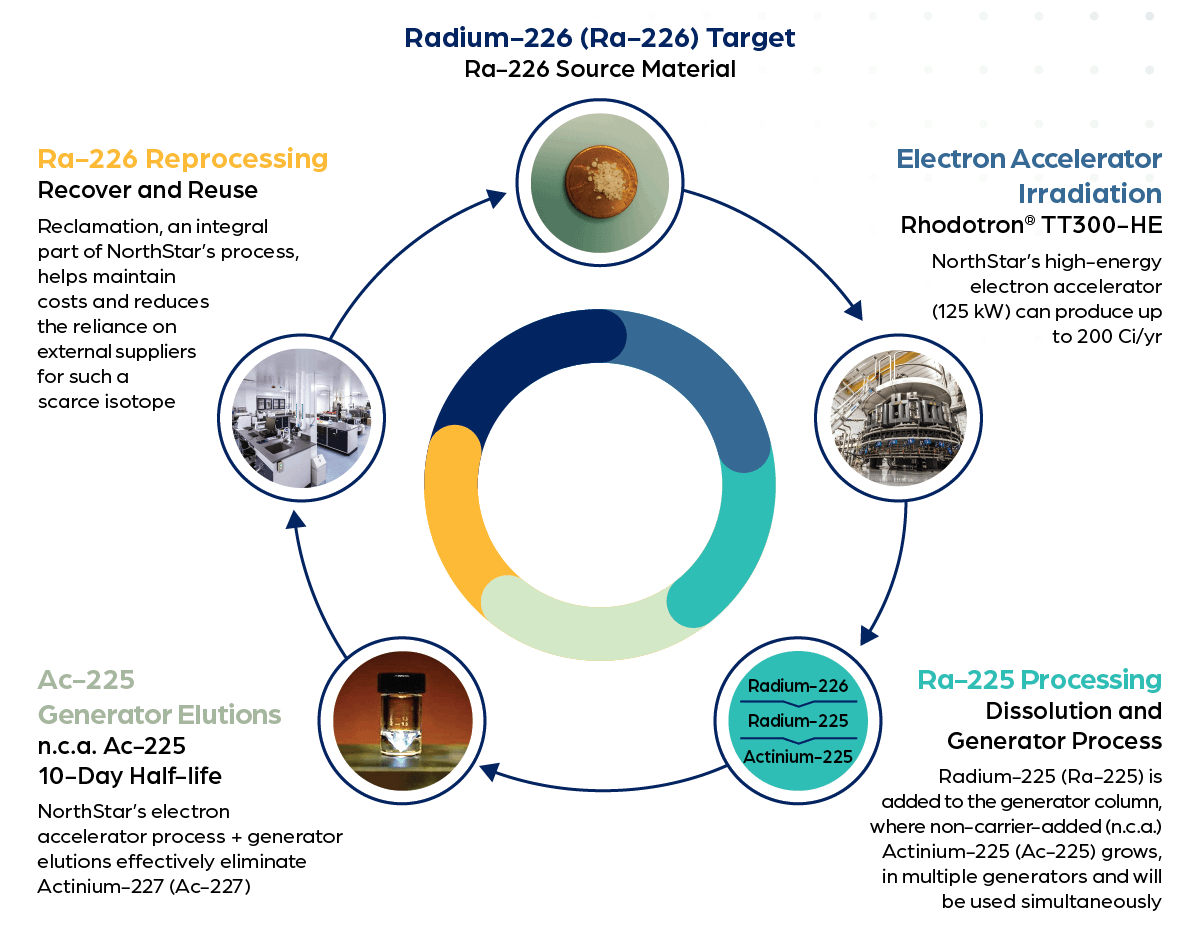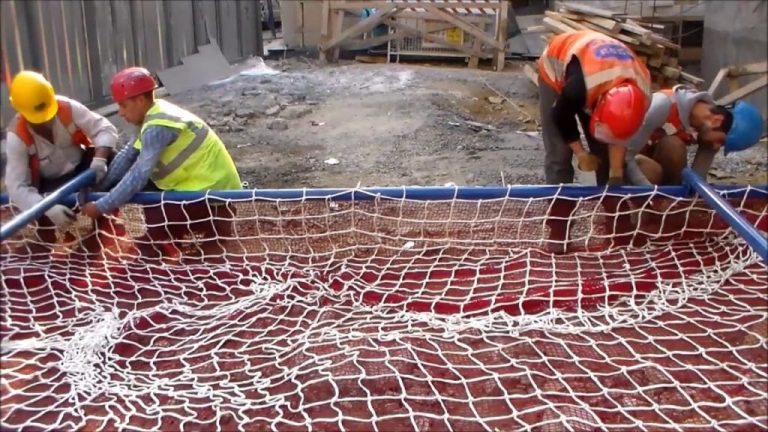Hong Kong is set to make a significant leap in medical technology with the establishment of Asia’s first production facility for a rare and promising cancer therapy isotope. Located at Tai Po InnoPark, this groundbreaking project by Advanced Isotopes Technology Asia Ltd (AITA) represents a pivotal moment in the city’s innovation landscape.
The facility, backed by a substantial HK$600 million investment, will focus on producing Actinium-225, a critical isotope with immense potential in cancer treatment. Scheduled to begin operations in 2027, the plant will feature a state-of-the-art superconducting cyclotron and specialized radionuclide-drug production lines.

What makes this project particularly exciting is its potential to address critical gaps in cancer treatment. Kevin Cameron, AITA’s Co-Founder, explains that Actinium-225 is crucial for treating challenging metastatic cancers like prostate, pancreatic, and neuroendocrine tumors—conditions that currently lack effective treatment options. The facility will produce both diagnostic and therapeutic isotopes used in PET scans and advanced cancer radiotherapy.
The Hong Kong government has been instrumental in facilitating this innovative venture through its New Industrialisation Acceleration Scheme (NIAS). Prof Sun Dong, Secretary for Innovation, Technology, and Industry, highlighted the program’s recent updates, including lowering the minimum investment threshold from HK$300 million to HK$150 million and offering matching subsidies for technical staff.

Dr. Sunny Chai from the Hong Kong Science and Technology Parks Corporation (HKSTP) sees this project as a testament to the city’s robust innovation ecosystem. The facility is expected to bring world-class expertise, high-end manufacturing capabilities, and create new job opportunities in the biotechnology sector.
AITA plans to build a specialized workforce of physicists, pharmacists, and engineers, with intentions to collaborate closely with local hospitals and universities. This approach aims to nurture local talent and accelerate the clinical application of these advanced medical technologies.
The project is more than just a manufacturing initiative—it represents a strategic vision to attract cutting-edge technologies and develop them locally to serve regional and global markets. By 2029, AITA anticipates obtaining its first clinical approvals for targeted alpha-therapy products, marking a significant milestone in cancer treatment innovation.
The government’s ambitious plans extend beyond this single project. Prof Sun noted that approximately HK$1.7 billion in funding has been allocated, covering about one-third of the total investment for approved ventures. The goal is to support around 50 projects in the coming years, particularly in the Northern Metropolis area, to attract international high-tech companies.
This isotope production facility exemplifies how technology and industry can converge to address critical global health challenges. It positions Hong Kong as a potential leader in medical isotope production and reinforces the city’s emerging role as a hub for high-value, tech-intensive industries in Asia.
As the world continues to seek advanced medical solutions, this initiative represents a promising step forward—transforming Hong Kong from a traditional financial center to an innovative powerhouse in medical technology and precision healthcare.











